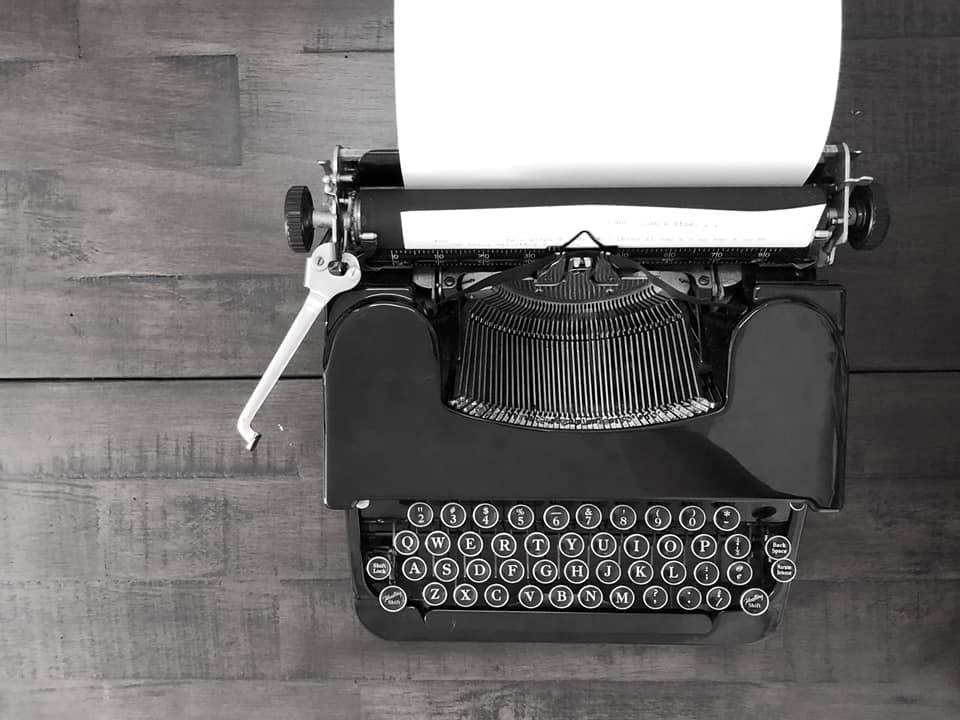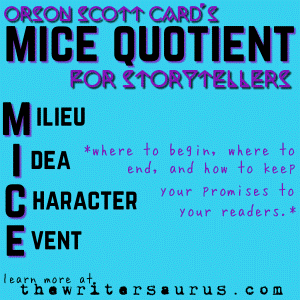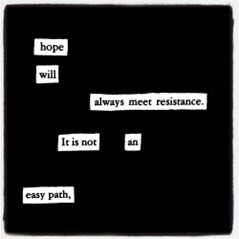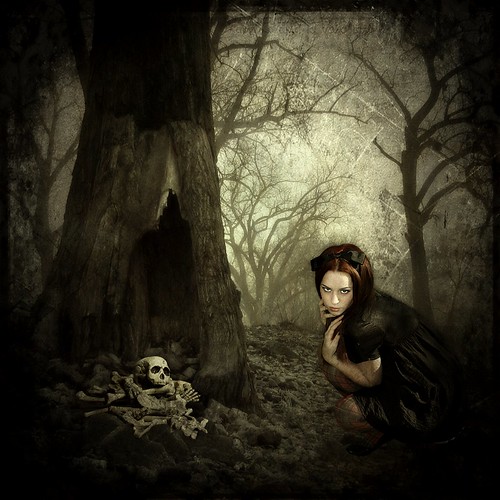Madison Head
When people write, it is nothing more than putting pen on paper—or fingers on keyboards nowadays. It is an action that is solitary in nature and can be done entirely alone. If left alone, a writer can create an echo chamber of their own thoughts and opinions and get stuck in their work without any way out. Because of this, it is extremely important to find a community to share your work with. A writerly community can be helpful in a variety of ways.
Finding a Group
The first step is to find the community. In high school and college, you can find those with a similar interest in the immediate vicinity. You can find a club or a group of people who love writing and plug yourself in. Outside of that, it can be more complicated. The key is to look for ways to get connected. Find your local library and see if they have meetings or readings. Reading in any venue would be an excellent way to find other writers in your area. You can hear others’ works, read your own, and connect to those who come. Look into community centers or websites and Facebook groups focused on your area’s community and look for groups and meetings happening. There are opportunities all around you if you are willing to look. You might also be able to find Zoom calls of people worldwide coming together and sharing their work. Once you find the community, you can see the incredible things that happen in it.

Creating Stories
The original idea of a story is often created by the individual, but it can be even stronger if shared with others from the start. Bouncing ideas off of other writers can lead to new ideas you may never have thought of on your own. Two heads are better than one, and many are better than two. Besides, it is more fun to create a story with others. Of course, the original idea needs to be your own, but sitting down, ironing out the plot, and naming the characters is better when others are helping you. My friends have named my favorite characters, and I love those characters even more because of it. Then, you start writing.
Workshopping
Once you have something written, you can edit it even if it’s not finished. That is where workshopping comes in. You can read and edit your piece a million times, but as soon as you show it to someone else, they will find the mistake you accidentally overlooked. It is the nature of writing and being so familiar with your own work and words that you cannot catch every mistake. The first time any of my stories have been workshopped, someone always points out that I use a word too often. Every time it is a different word, but it always happens. It is also harder to see what is not working well together within the story. Sometimes, things are out of order, or the dialogue sounds unnatural, but it seems to work because you have read it so many times. The editing process needs other readers and writers; editing as a group will make every member a better and more conscious writer. When you look at other pieces, you become a better editor too.
The most magical part of a workshop is when you all take the time to really help each other, and you make the work better. When everyone comes together in sincerity and kindness and helps find the weak link in the chain, it improves the piece and the writers involved in the process. It also brings them closer together. Iron sharpens iron, and those forged through the fire bond together.

You are Not Alone
Above all else, this is the most important part of creating a writing community. While it is good to create well throughout stories and become better writers and editors, being surrounded by a community is important. We are not made to be alone in life; God created us to be with others. It is fun to get together with friends and write and talk. My favorite memories are from workshops when we realized how to improve one of our stories or from the moments after we finish when we talk about anything and everything that comes to our mind.
A writing community makes writing more fun. I would look forward to seeing others’ stories and seeing them evolve. I get excited to write a new scene or story and share it with them, knowing which parts they will each love. It makes the hard times when you cannot think of another idea and think you might give up together better. All it takes is one of them to remind you of the good of all you have written up until now and the potential for everything you could write later, and you fall back in love with writing.
Everything is better with community, and writing is no different. It should not be done in an isolated echo chamber. Find a community. Search for writers’ workshops, online and in person. Find the people to whom you will send your novel before you publish it. Find a community that will help you become a better writer. Don’t go it alone!













